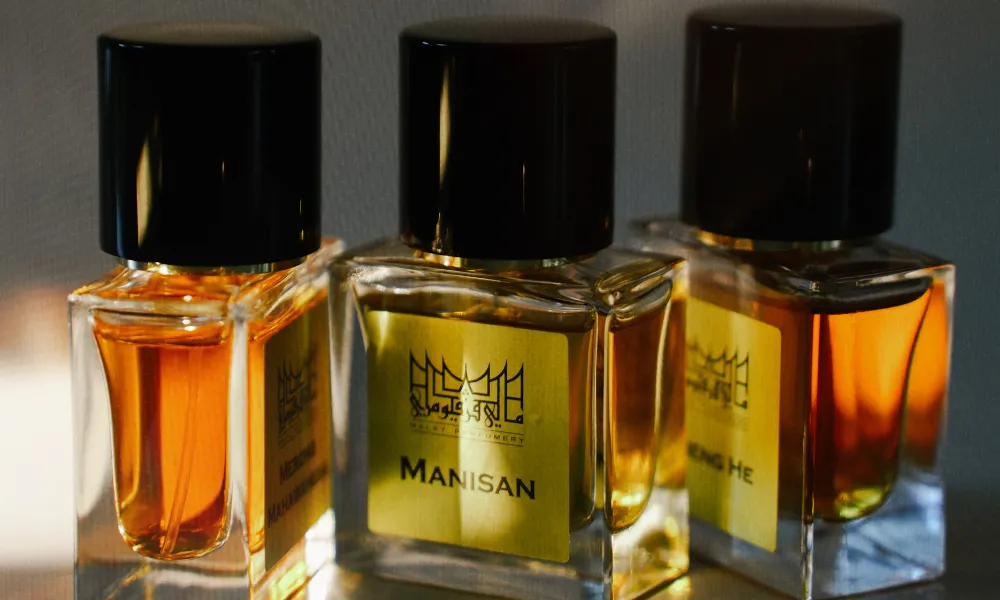Apr 18, 2025 11AM
KADIN Indonesia tells halal industry to look local
Indonesia’s Chamber of Commerce and Industry (KADIN) is confident the country can withstand the import tariff policy imposed by the United States (US) on its halal industry.
On 2 April, the US’ President, Donald J. Trump imposed a 32 percent import tariff on Indonesia goods which would affect the country’s export into the US that previously amounted to US$23.46 billion (RM103.4 billion).
Its Deputy Head of Literacy, Advocacy and Cooperation Agency, Isnaeni Iskandar, said the country should ride on the challenge as an opportunity to strengthen the domestic halal industry instead.
"Indonesia is targeted as a market by the US so we need to focus on how we can compete domestically," said Isnaeni as reported by Tempo.
She said this during an online discussion titled “The Effects of Trump-Nomics and the Fate of the Halal Industry” by the Centre for Sharia Economics and Business at the Faculty of Economics and Business, University of Indonesia yesterday.

Indonesia has the largest domestic halal market globally. (photo credit: Malaysiakini)
Isnaeni added that although the cost of shipping goods between Java and other islands is high, this can be cut if logistics issues are addressed.
She also said halal certification costs should be reduced to avoid burdening entrepreneurs.
Isnaeni further suggested Indonesia tap into the Asean halal market in addition to its existing domestic consumers.
The move will strengthen their market in neighboring countries, as well as nations outside Asean such as Japan and Korea where their halal commodities can be developed.

More than 80 percent of Indonesia's exports are food and beverages which can be significantly impacted following the imposition of the US tariffs (photo credit: Poultry World)
On the other hand, the Young Expert Industry Builder of the Ministry of Industry's Halal Industry Centre, Detri Fitria, said that Trump's tariffs will decrease the export of halal commodities to the US.
As a result, competitiveness will decline and the risk of layoffs will be higher.
"Ultimately, if demand has decreased, then (the) production (chain) will be adjusted by the industry. The ultimate effect is layoffs," said Detri.
He added that a quarter of Indonesia's economic growth rate of 5.03 percent in 2024 was supported by the halal value chain sector. In this sector, there are halal agricultural products, halal food and beverage, Muslim fashion, and Muslim-friendly tourism.
Waktu Solat



19 Apr 2025
Waktu solat berikutnya,
Maghrib
pada
19:20























